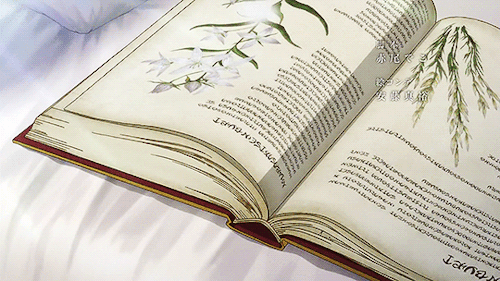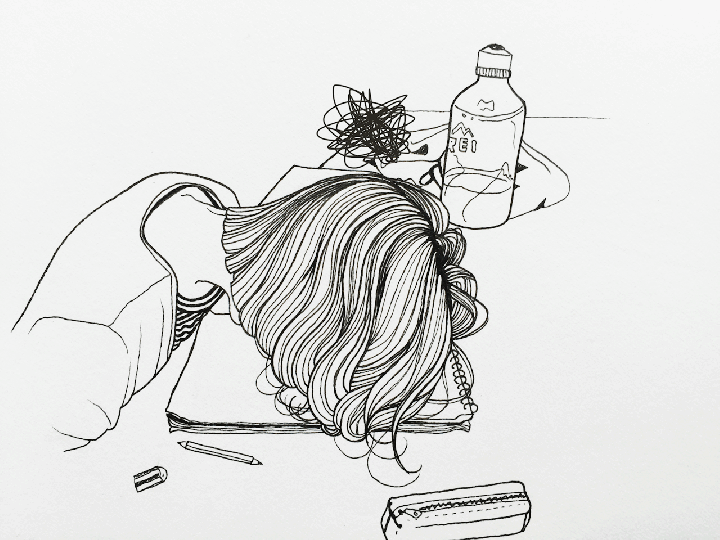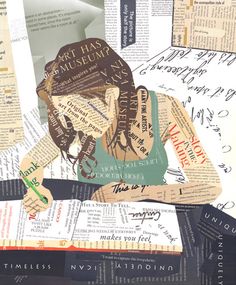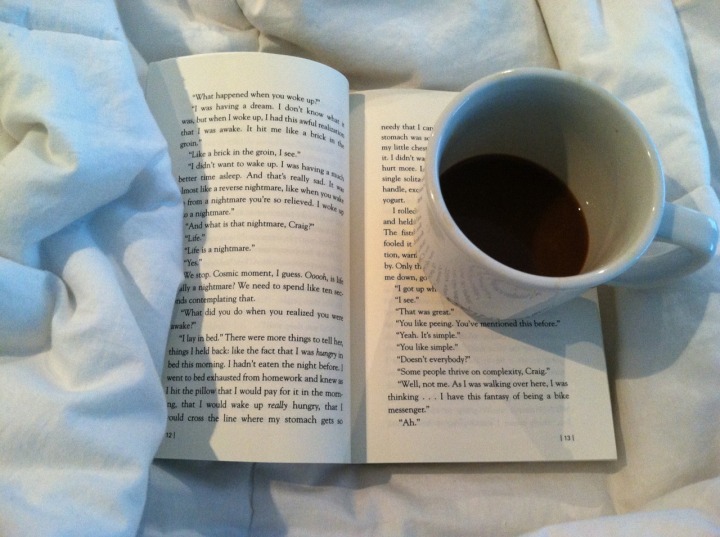Coming into my first semester at Weber State, and my first full year of college, to say I was nervous would be an understatement. I was unsure about how I would do in college, and I worried tirelessly if I would actually be able to make it. This English class helped me build more confidence in my writing and consequently, the rest of my learning abilities. This class has helped me to learn not only how to write a college level research paper and personal narrative, but also how to find my voice while writing and apply that to my work. I feel as though it’s changed my outlook on writing almost entirely. I think it’s helped me greatly to know that I can have a personal relationship to my writing, because that’s something I’ve always struggled with. I was always unsure if I could use my own voice while writing a paper, and I think knowing now that I can be has strengthened my confidence in doing so.
There are many aspects of this class which I could apply and use in other classes. The ability to write coherently is no doubt integral in any class. I would like to go into forensic science as my major, so I will undoubtedly be writing another research paper or two in the foreseeable future. The ability to do this kind of writing may actually have been the most valuable lesson from this class, because that style of writing has always been something that I’ve struggled with. I can think back on past English or science classes with the task of writing a research paper, but never being completely sure on how to go about doing so. It was because I didn’t understand the structure, or what went into each section. After taking this class, I feel that I understand this kind of writing exponentially more.
There’s no doubt in my mind that I’m going to miss this class quite a bit. I always enjoyed the atmosphere that this class had, and the structure and pace of it. It was nice to actually focus on writing in a writing class, sounds ridiculous right? This is the first English class of mine to do so. I’m so glad I chose this class to fulfill my English 2010 requirement!










